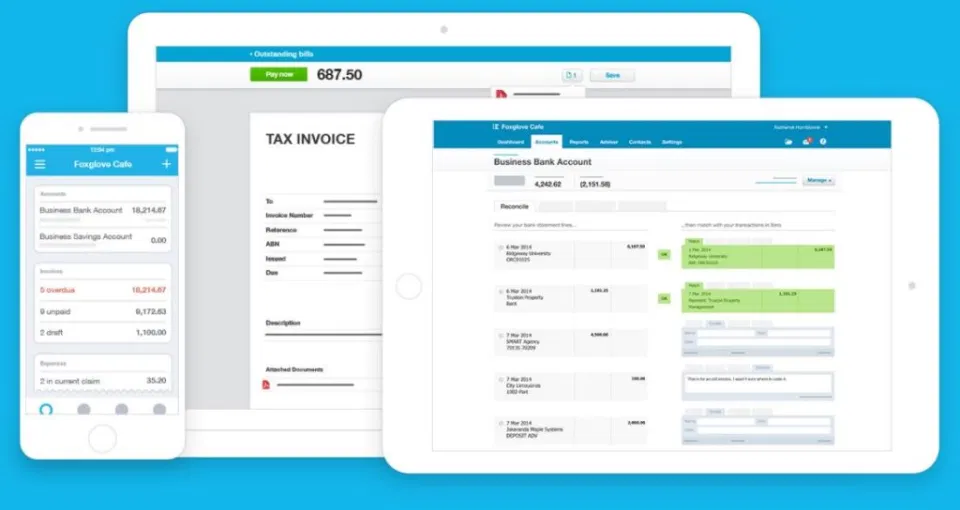Public speaking is a critical skill for leaders across industries, enabling them to inspire action, build trust, and shape perspectives. Successful public speakers are not only adept at delivering a message but also at creating meaningful connections that drive change. In today’s interconnected business landscape, certain public speaking skills consistently distinguish effective leaders.
Clarity and Precision
Effective public speakers excel at conveying ideas with clarity and purpose. They ensure their messages are logically structured and free from unnecessary complexity, making them accessible to diverse audiences. Precision further amplifies their impact, as every word is intentional and serves a clear objective. Clear communication minimizes misunderstandings, fosters collaboration, and transforms ideas into actionable insights. It allows leaders to articulate their vision effectively, ensuring that their message resonates across teams and stakeholders alike.
Confident Delivery
Confidence is a defining quality of successful public speakers. Through assured tone, purposeful body language, and commanding presence, leaders demonstrate credibility and authority. Confidence, however, does not stem from arrogance—it is the result of thorough preparation, subject-matter expertise, and consistent practice. A confident delivery instills trust in audiences and encourages engagement. Professional public speakers understand the value of continuous improvement, refining their skills to deliver impactful, memorable messages.
Audience Awareness
Adapting to the audience is a hallmark of effective public speakers. Leaders who understand their audience’s needs, expectations, and cultural context can craft messages that feel personalized and relevant to their listeners. This ability to connect on a deeper level ensures their communication is both engaging and impactful, fostering meaningful relationships. Audience awareness transforms speeches into meaningful interactions. By tailoring tone, language, content, and examples to the specific audience, public speakers foster trust, inspire action, and leave a lasting impression that resonates long after the speech is over.
Storytelling Mastery
Storytelling is an indispensable tool in public speaking. Combining data and strategies with relatable narratives allows leaders to create emotional connections that make their messages more memorable. Stories help bridge the gap between abstract concepts and practical application, enabling audiences to grasp complex ideas more effectively. For instance, Malala Yousafzai, the youngest Nobel Prize laureate, uses her personal story to advocate for girls’ education. Her speeches, including her impactful UN address at age 16, demonstrate the power of storytelling in inspiring and mobilizing audiences worldwide.
Emotional Intelligence
Public speaking requires more than delivering information—it demands emotional connection. Leaders with emotional intelligence understand the importance of empathy, authenticity, and audience awareness. By addressing their audience’s emotions and concerns, they foster trust, loyalty, and engagement. Emotional intelligence enables public speakers to read the room, adjust their tone, and establish a genuine connection. This ensures that their message resonates on a deeper level, leaving a meaningful and lasting impact.
Public speaking is a vital leadership skill that goes beyond delivering a message. By mastering five key skills—clarity, confidence, audience awareness, storytelling, and emotional intelligence—leaders can influence, inspire, and drive change. Whether speaking to a small team or a global audience, these skills help professionals build trust, inspire action, and leave a lasting impact.





